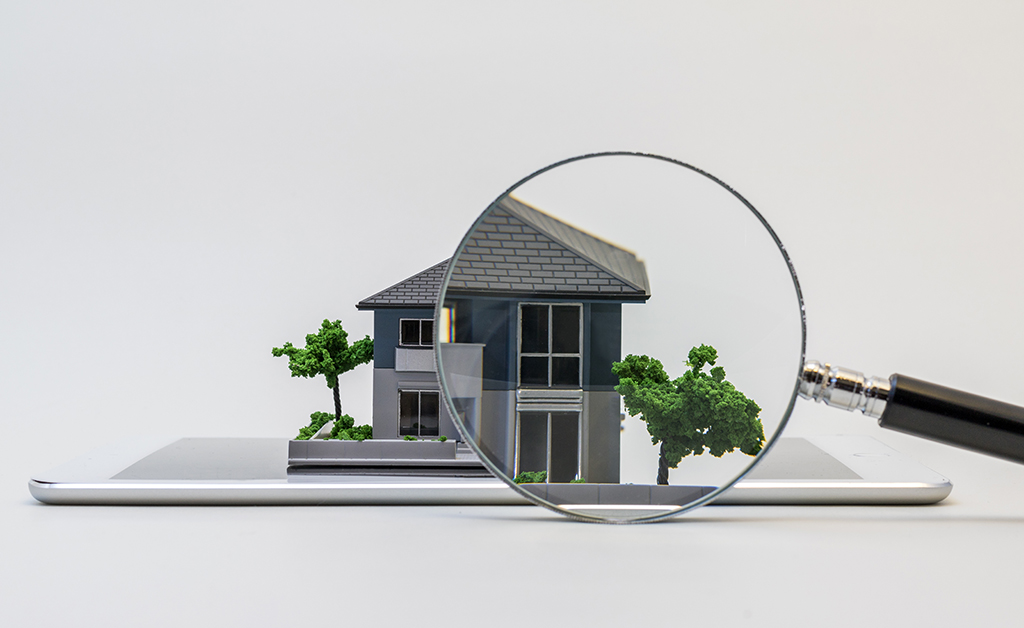Published August 4, 2023
What should I look for when viewing a property?

When viewing a property, it's essential to conduct a thorough inspection to ensure that it meets your needs and requirements. Here are some key aspects to consider when viewing a property:
1. Location: Evaluate the neighborhood and its proximity to amenities such as schools, parks, public transportation, shopping centers, and healthcare facilities. Consider factors like safety, noise levels, and traffic congestion.
2. Exterior Condition: Inspect the exterior of the property, including the roof, walls, windows, doors, and landscaping. Look for any signs of damage, wear, or required maintenance.
3. Interior Layout: Assess the layout and flow of the rooms. Consider whether it meets your lifestyle and future needs. Check for sufficient storage space and the potential for future renovations.
4. Structural Integrity: Look for any signs of structural issues, such as cracks in the walls or ceilings, sagging floors, or uneven door frames. Structural problems can be costly to repair.
5. Plumbing and Electrical Systems: Test faucets, toilets, and showers for proper functioning, and check for any water leaks or damage. Inspect the electrical outlets and ensure that the wiring is up-to-date and meets safety standards.
6. Heating and Cooling: Test the heating and cooling systems to ensure they are in good working condition. Inquire about energy efficiency and utility costs.
7. Natural Lighting: Assess the natural lighting in different areas of the property. Adequate sunlight can enhance the living experience and reduce the need for artificial lighting during the day.
8. Ventilation: Check ventilation in the kitchen and bathrooms to ensure proper air circulation and minimize the risk of mold or mildew growth.
9. Potential Repairs and Renovations: Consider the cost and extent of any necessary repairs or desired renovations. Factor these into your budget and decision-making process.
10. Property Age and Maintenance History: Inquire about the age of the property and its maintenance history. Well-maintained homes are more likely to be in better condition and may require fewer immediate repairs.
11. Storage Space: Evaluate the availability of storage space, including closets, cabinets, and a garage. Sufficient storage can make a significant difference in your daily life.
12. Neighborhood Noise and Traffic: Pay attention to noise levels and traffic patterns, especially during different times of the day. Quiet and peaceful surroundings are often preferred.
13. Future Development: Check for any planned or ongoing developments in the neighborhood, as this may impact your quality of life and property value.
14. Homeowners Association (HOA) Rules: If the property is part of an HOA, review the rules and regulations to ensure they align with your lifestyle and preferences.
15. Gut Feeling: Trust your instincts and overall impression of the property. Consider how it makes you feel and whether you can envision yourself living there comfortably.
Remember to take notes and photos during the viewing to help you compare different properties later. If you're unsure about any aspect of the property, consider hiring a professional home inspector to conduct a more detailed inspection before making a final decision.
John Paulus is a licensed Real Estate Broker in Georgia.





